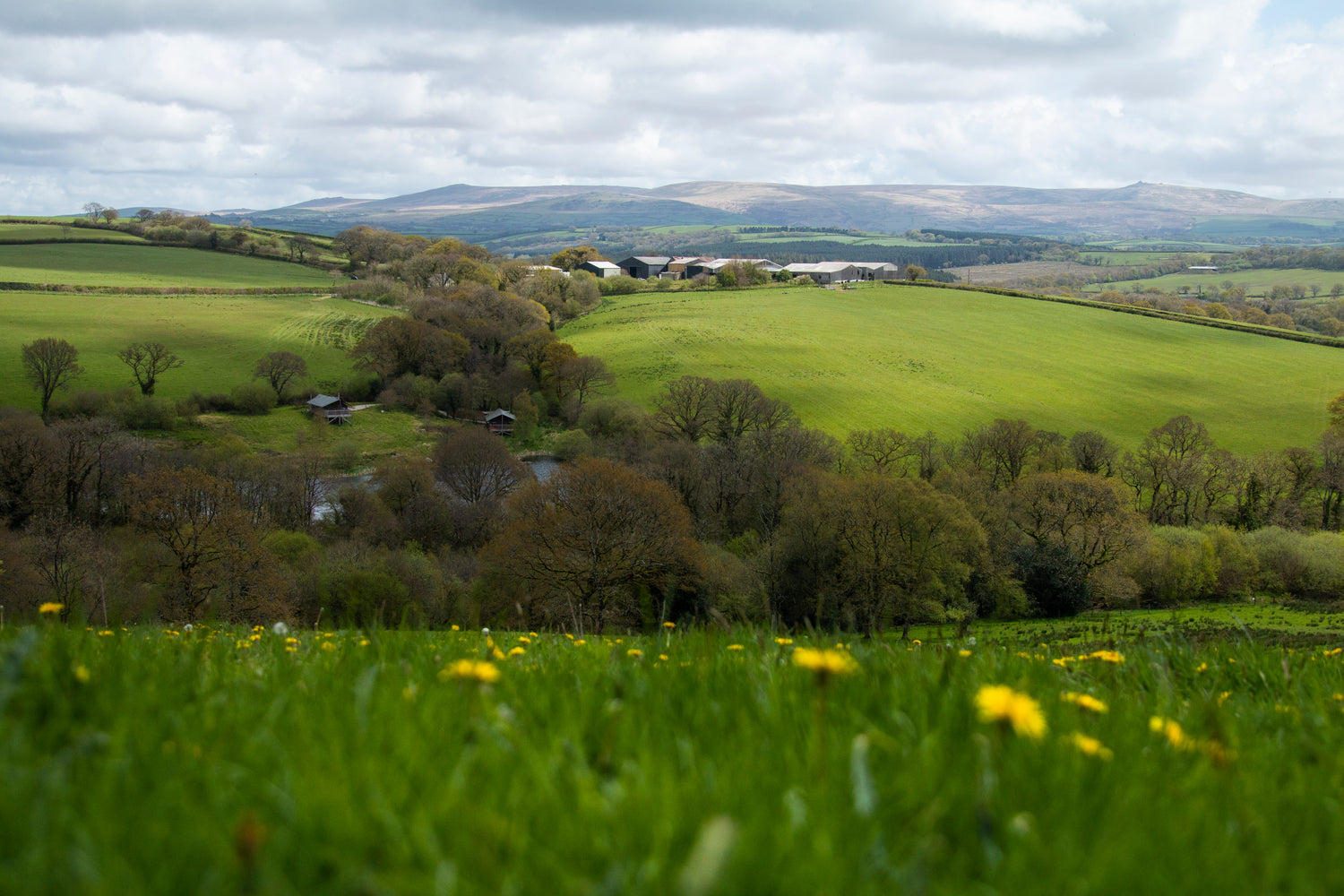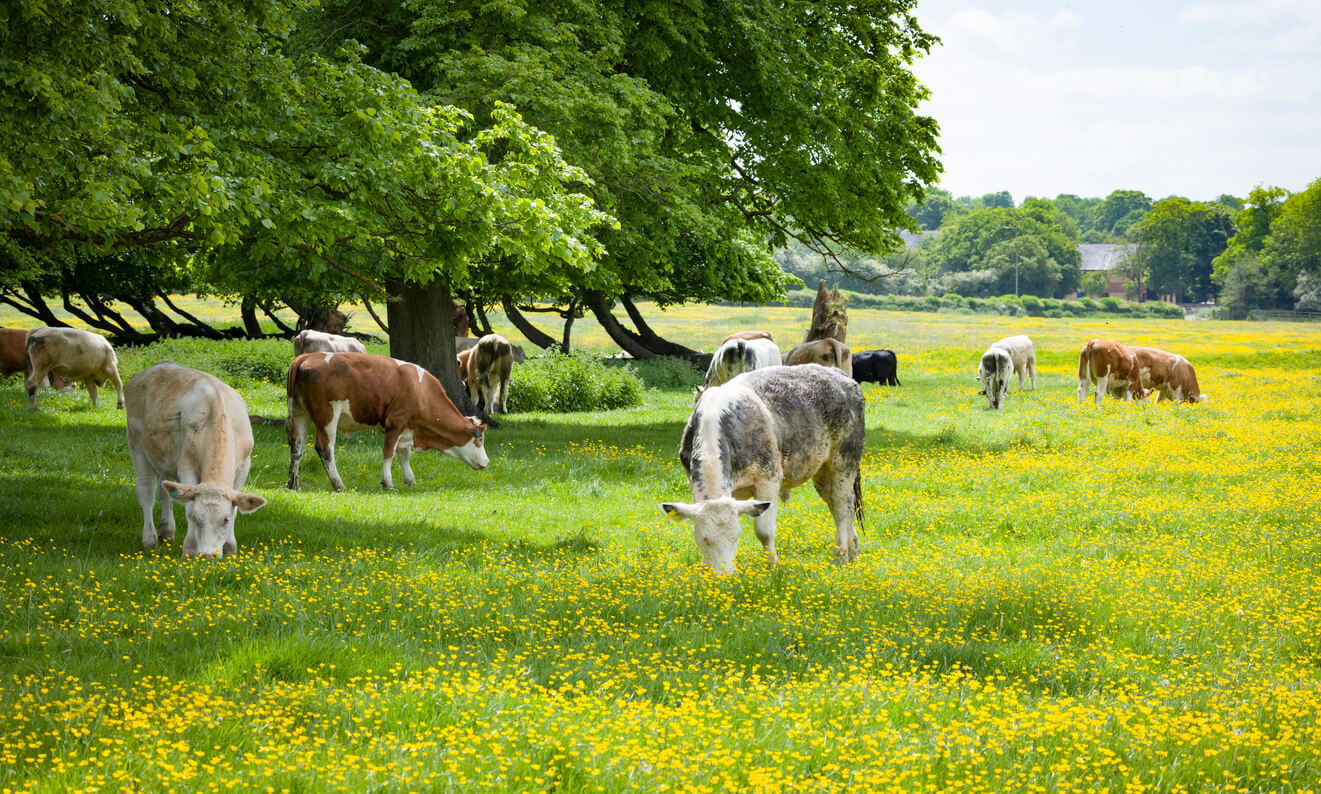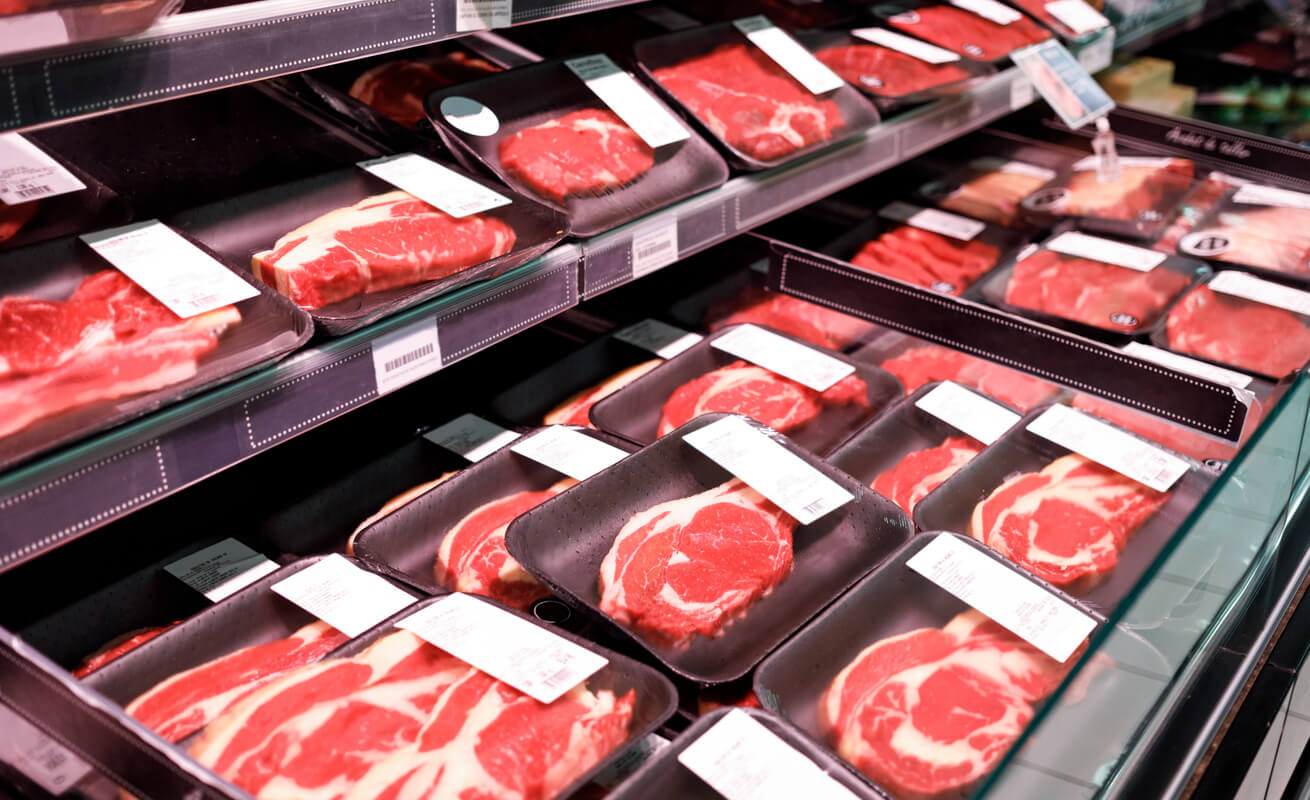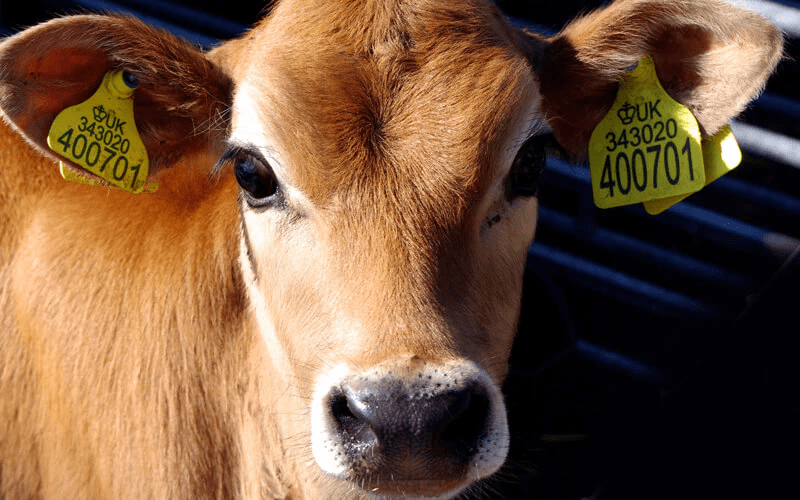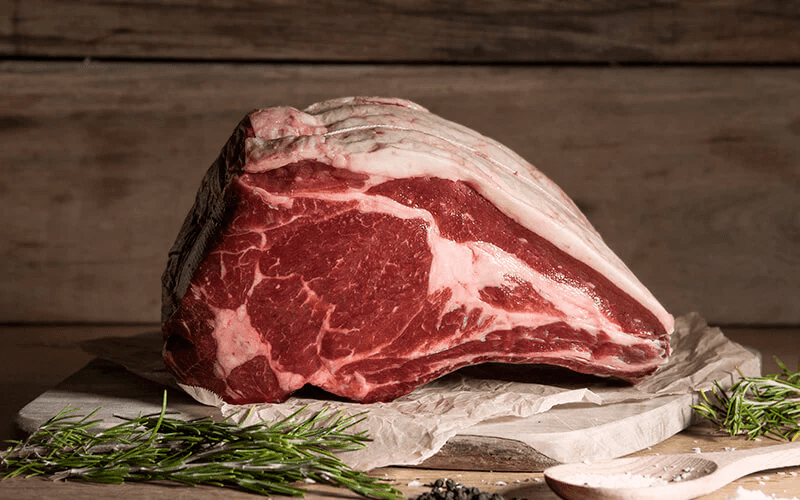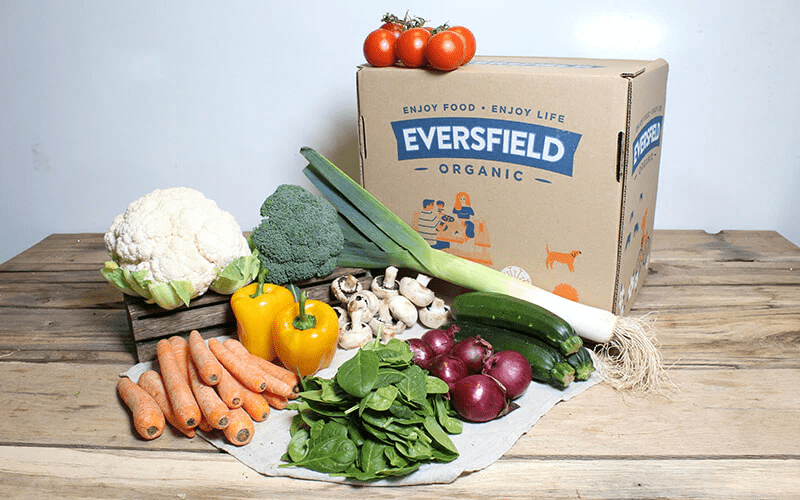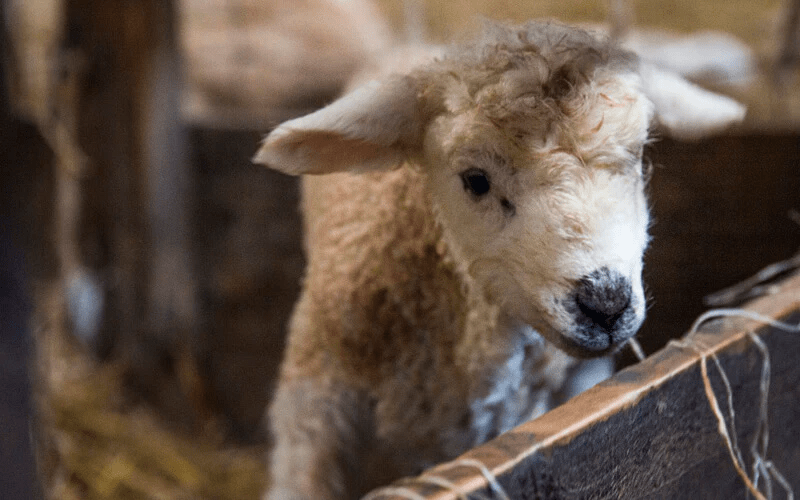Why aren’t more farmers prioritising regenerative agriculture?
We’re facing a grave problem in agriculture. The continuance of conventional farming practices, as widely reported, is an unsustainable means of feeding the country. So, why aren’t more farmers looking to transition to future-proof solutions?
What is regenerative farming?
There are five key principles which accurately sum up regenerative agriculture. Minimising both disturbance to the soil and refraining from using chemical pesticides, herbicides and fertilisers are crucial. As is working to maximise animal and plant biodiversity and adjusting strategy to complement the needs of the local environment. Lastly, regulating grazing patterns of livestock. To delve deeper, feel free to discover our own regenerative efforts on our Dartmoor family farm.

Image: Our family-run farm overlooking Dartmoor.
What are the problems with conventional farming?
As the old saying goes, everything is fine within moderation. However, as the demand for food increases, intensive farming which has severely negative effects on nature and the environment has occurred. Crops being grown year after year has led to soil degradation, deforestation and removal of wildlife habitats, as well as other serious issues such as water contamination, heavy chemical pollution and increased greenhouse gas emissions. The latter of which has been a prevalent issue recently as more and more people consider the impact their own food and lifestyle choices are having.
So, surely it makes sense for all farmers to move away from outdated techniques and opt for a more environmentally friendly solution? As much as we would celebrate this, we sympathise with farmers and realise that there are several barriers blocking a smooth transition from conventional farming to regenerative agriculture.
What are the barriers to regenerative agriculture?
Firstly, tradition can stand in the way for many farmers, and it may be tough to admit that their current way of operating has its flaws. Many feel as though they are betraying the practices that were handed down, often from generation to generation in their family. They may also be apprehensive about negative peer judgement if they were to move away from the ‘norm’.

Image: There's no doubt that such a transition requires strong support.
Until recently, there has been a lack of mainstream information pertaining to the numerous advantages of regenerative farming. In our experience, farmers don’t have that much time on their hands due to the constant demands of their livestock and land. So, it is by no means easy to become an expert on the subject. Farmers who have done the necessary research will have very quickly realised the lack of clarity surrounding the term ‘regenerative agriculture’. Depending on where you get your information from, the term can be confusing.
We are all apprehensive when making big decisions that concern our livelihood. A lot of farmers have to worry about feeding their families as well as feeding the nation! So many can’t afford any reduction in income while transitioning. Further, with machinery and equipment coming at a colossal cost, farmers may be worried about taking losses on these investments.
How can these barriers be conquered?
An intriguing study which tracked the experiences of 28 Australian farmers who were making the transition to regenerative farming found that while there are numerous challenges, sticking with the process is always rewarding.
Findings indicated that farmers underwent a "paradigm shift" in their mindsets. They no longer saw the land as a tool for business, instead they began to consider it both ecologically and holistically. We envision a world in which all agricultural workers think this way.

Image: Respect for the soil is paramount to us.
It seems clear that providing access is the key here. This must arrive in the form of readily available information to ensure all farmers are suitably educated on the opportunities available to them. In order to maximise the number of farmers who will seize this transition, barriers need to be broken down, or at the very least, farmers need to be provided with the tools to conquer them.
These tools need to arrive in the form of subsidies which will work to lessen the financial strain a transition to regenerative agriculture can bring. With the increased costs, new equipment requirements and other drains on income a move on this scale results in, funds need to be found. Our government must step up, furthering the support promised in the Agricultural Transition Plan and sending the clear message that a regenerative future is the priority.


